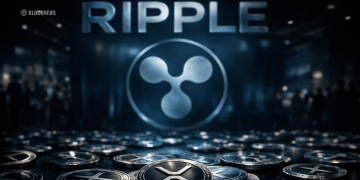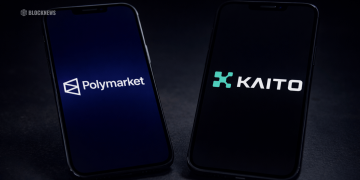- Coinbase is advancing the Open Intents Framework with the Ethereum Foundation, paving the way for smoother multi-chain apps.
- Kraken partnered with Legion to launch MiCA-compliant token sales, signaling more regulated and credible fundraising in Europe.
- PayPal expanded its $1.3B stablecoin PYUSD to nine new blockchains through LayerZero, embedding deeper into DeFi and payments.
Crypto markets stayed active over the past 24 hours with major players announcing bold moves that could reshape how investors and developers interact across ecosystems. From exchange-led innovation to payment giants expanding their digital reach, the industry continues to accelerate its integration into mainstream finance and technology. So, let us take a closer look at what drove the headlines today.
Coinbase Pushes Open Intents Framework Forward
Coinbase Payments has teamed up with the Ethereum Foundation to advance the Open Intents Framework, a system designed to simplify cross-chain interactions. Built on ERC-7683, the framework provides a modular toolkit that lets developers build and swap automated solvers and contracts seamlessly.
The project emphasizes both security and accessibility. By offering an open-source infrastructure, developers gain a safe and flexible foundation that minimizes attack vectors. Analysts see this as laying the groundwork for AI-driven blockchain services, a trend that could soon make decentralized applications as smooth to use as traditional web tools.
Kraken and Legion Launch MiCA-Ready Token Sales
Kraken has partnered with Legion to roll out token sales compliant with the European Union’s MiCA framework. The collaboration will kick off with a major raise within the coming week, giving investors access to projects under stricter regulatory oversight. Legion positions itself as the first ICO underwriter, promising IPO-level structure for token launches, which could mark a new era of credibility in crypto fundraising.
For Kraken, this move aligns with its aggressive global strategy ahead of a potential 2026 public listing. By diversifying offerings and tapping into regulated capital markets, the exchange is positioning itself as a go-to venue for both traditional investors and crypto-native participants seeking trustworthy platforms. This may also signal a broader shift toward mainstream legitimacy for token sales in Europe.
PayPal Expands PYUSD Across Blockchains
PayPal is scaling its stablecoin, PYUSD, to nine additional blockchains through an integration with interoperability protocol LayerZero. The rollout introduces PYUSD0, a permissionless variant that ensures seamless one-to-one swaps and automatic conversions across networks such as Berachain and Flow. With this expansion, PayPal is taking stablecoin accessibility beyond its original footprint, embedding itself more deeply into DeFi and payments infrastructure.
The supply of PYUSD has climbed to 1.3 billion dollars in 2025, underscoring growing adoption and demand. This expansion not only strengthens PayPal’s presence in digital payments but also positions PYUSD as a critical bridge between traditional finance and the decentralized economy.
Final Thoughts
To conclude, Coinbase, Kraken, and PayPal are each charting different paths, but together they signal how exchanges, developers, and fintech leaders are reshaping the digital asset landscape. All in all, momentum is building across sectors, setting the stage for deeper adoption in the months ahead.














